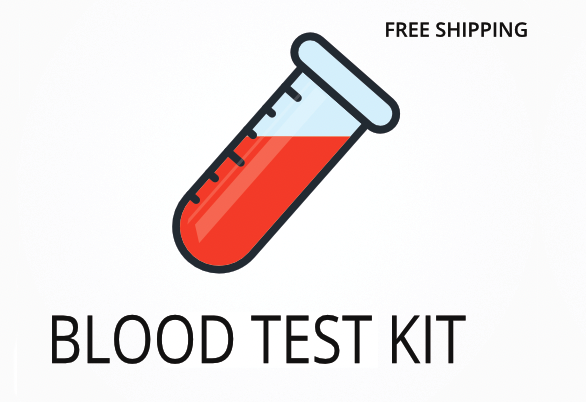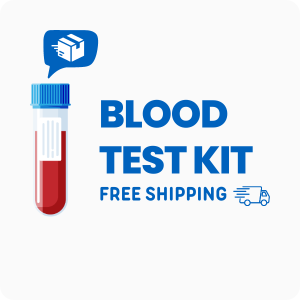| Test Name | Reference Range | What This Test Means | High Levels of Allergix IgG4 Food Antibodies & Celiac Profile |
|---|---|---|---|
| IgG4 Food Antibodies Panel | |||
| Almond, Apple, Apricot, Asparagus, Aspergillus Mold, Avocado, Banana, Barley, Bean (String), Beef, Black Pepper, Blueberry, Broccoli, Cabbage, Cantaloupe, Carrot, Casein, Cashew, Cauliflower, Celery, Chicken, Chocolate, Cinnamon, Clam, Coconut, Codfish, Coffee, Corn, Crab, Cranberry, Cucumber, Egg White, Egg Yolk, Flounder, Garlic, Ginger, Grape, Grapefruit, Halibut, Honeydew, Lamb, Lemon, Lentil, Lettuce, Lima Bean, Lobster, Mackerel, Malt, Milk, Mushroom, Mustard Seed, Navy Bean, Oat, Olive, Onion, Orange, Oyster, Pea (Green), Peach, Peanut, Pear, Pecan, Pepper (Green), Pineapple, Pinto Bean, Pistachio, Pork, Potato, Rice, Rye, Salmon, Sesame, Shrimp, Soybean, Spinach, Strawberry, Sunflower, Sweet Potato, Tea, Tomato, Trout, Tuna, Turkey, Vanilla, Watermelon, Walnut (English), Wheat, Yeast (Baker’s), Yeast (Brewer’s), Zucchini | 0–0.89 | Measures IgG4 antibodies to over 80 foods and molds. High levels may show delayed food reactions that can cause symptoms hours or days after eating. | High levels of IgG4 Food Antibodies mean your body may be reacting to that food, which can lead to symptoms like bloating, rashes, or headaches. |
| Celiac Profile | |||
| Anti-Gliadin IgA II | 0–10 | Checks for antibodies to gliadin, a part of gluten. High levels can point to gluten sensitivity or celiac disease. | High levels of Anti-Gliadin IgA II mean your immune system is reacting to gluten, which may suggest celiac disease or gluten sensitivity. |
| Total Immunoglobulin A | 70–400 | Shows the total amount of IgA antibodies in your blood. This helps check if your immune system can make enough antibodies for accurate celiac testing. | High levels of Total Immunoglobulin A mean your immune system is more active, which can happen with infections or immune conditions. |
| Transglutaminase antibody (IgA) | 0–3 | Looks for antibodies to tissue transglutaminase, a key marker for celiac disease. High levels are often found in people with celiac disease. | High levels of Transglutaminase antibody (IgA) mean your immune system is attacking your own tissue after eating gluten, which is common in celiac disease. |
Medical Review Board
Reviewed by Jeff Donohue M.D. from Body Logic and Brady Hurst DC, CCCN. Written by True Health Lab’s team of editorial health contributors.
Disclaimer: This information is for educational purposes only and not intended as medical advice. Consult your healthcare provider for personalized guidance.
Why Customers Trust True Health Labs - What People are saying
Also rated 4.6 out of 5 based on 3452 ShopperApproved reviews- See all TrueHealthLabs.com reviews.








